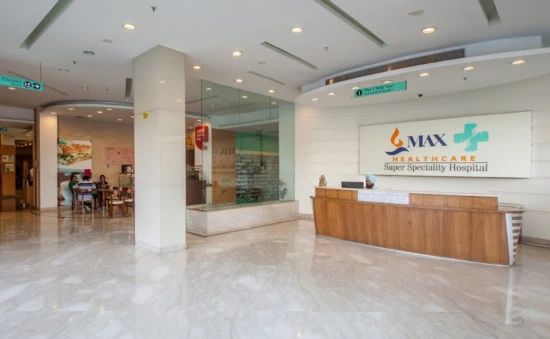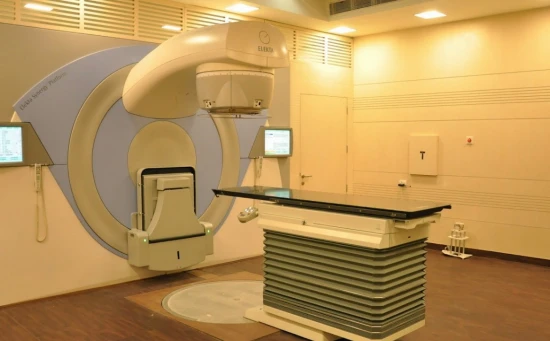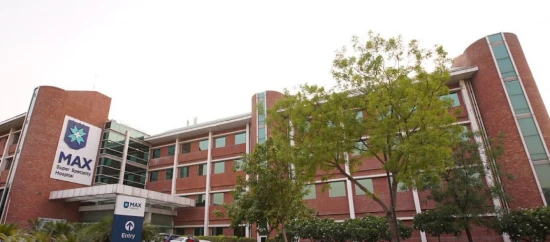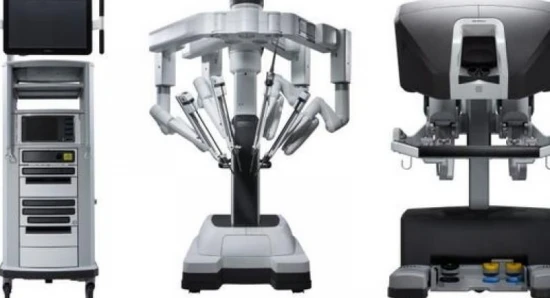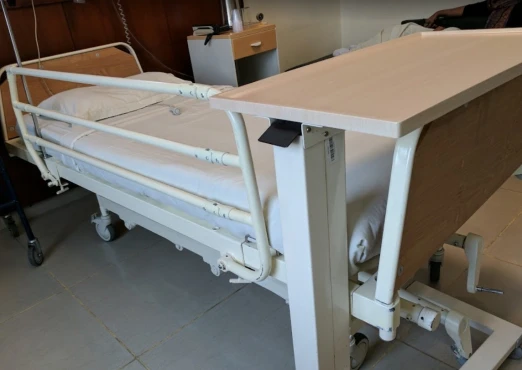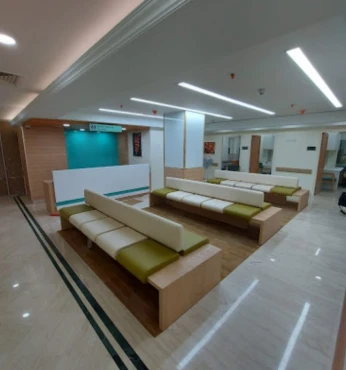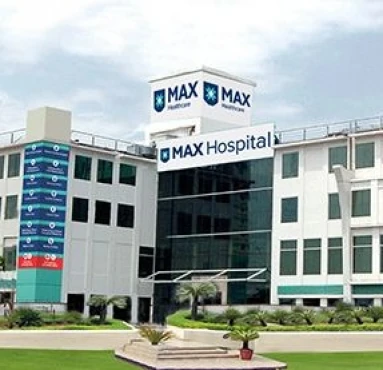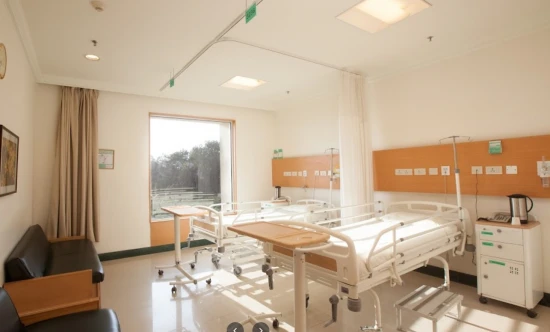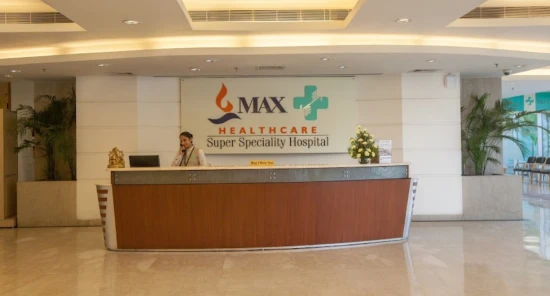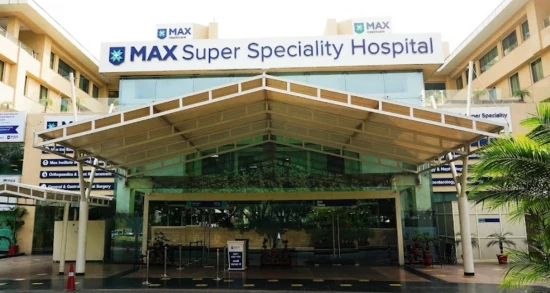Tetralogy of Fallot (TOF) treatment in 23 Cardiac surgery clinics in India
23 clinics specializing in Cardiac surgery providing treatment of Tetralogy of Fallot (TOF) Tetralogy of Fallot (TOF) is a congenital heart defect characterized by four abnormalities: ventricular septal defect, pulmonary stenosis, overriding aorta, and right ventricular hypertrophy. It causes cyanosis and requires surgical correction in infancy. disease in India.
Sorted by:
Relevance
Rating
Relevance
Prices for popular procedures:
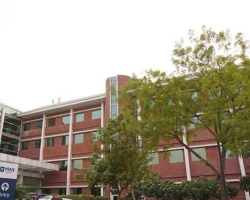
Bhatinda, India
Specializations: Cardiac surgery, Vascular surgery, Thoracic surgery, Neurosurgery, Spine surgery, Orthopedic surgery, Oncology, Dentistry
Max Super Speciality Hospital, Bathinda is known for its expertise in Neurosciences, Orthopaedics, Cardiac Sciences, Cancer Care, Obstetrics and Gynaecology, Minimal Access, Metabolic, and
read more
Prices for popular procedures:
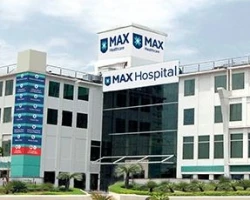
Gurgaon, India
Specializations: Cardiac surgery, Vascular surgery, Thoracic surgery, Neurosurgery, Spine surgery, Orthopedic surgery, Oncology, Dentistry
Max Hospital Gurgaon has treated over 5 lakh patients, applying its expertise across 35 specialised fields including Cardiac Sciences, Minimal Access, and Laparoscopic Surgery, Neurosciences,
read more
Prices for popular procedures:
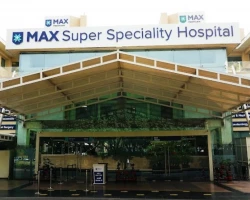
Dehradun, India
Specializations: Cardiac surgery, Vascular surgery, Thoracic surgery, Neurosurgery, Spine surgery, Orthopedic surgery, Oncology, Dentistry
The 200+ bed Max Hospital, Dehradun has always been at the forefront of providing quality healthcare. It has already done so for over 3 lakh
read more
Clinics grouping by rating
Clinic with the highest rating of 4.8 — Global Hospitals, Mumbai in Mumbai, India and 1 more, clinic with the most reviews number of 35757 — Aster CMI hospital in Bengaluru, India.
With rating 4.0 and over — 21 clinics .
Countries with the highest number of clinics treating the diseases:
Tetralogy of Fallot (TOF):
worldwide
583 clinics
Brazil
40 clinics
India
38 clinics
Turkey
29 clinics
Germany
28 clinics
Colombia
24 clinics
Related procedures:
Procedures are likely to be used for Tetralogy of Fallot (TOF) treatment:
Blalock-Taussig shunt,
Radical correction of tetralogy of Fallot (TOF),
and
Surgery for tetralogy of Fallot (TOF) in adults
.
